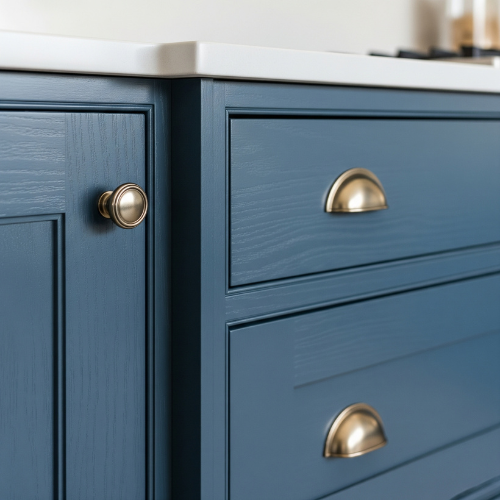
Understanding Water Pressure: Your Home’s Silent Indicator
Water pressure isn't just an inconvenience when it fluctuates; it's a vital sign of your home's plumbing health. Typically, the appropriate water pressure for most households falls between 40 and 80 PSI. Falling outside this range is more than a mere nuisance—it can signal looming plumbing issues that, if left unaddressed, could lead to costly repairs.
Why Consistent Water Pressure Matters
Maintaining stable water pressure is essential for ensuring your plumbing operates efficiently. The ideal water pressure zone is ideally between 40 and 60 PSI, where your household plumbing and appliances like dishwashers and washing machines function optimally. If you notice variability—where some days the water gushes, and other times it dribbles—that inconsistency could be attributed to a malfunctioning pressure regulator, a developing leak, or even larger issues within your municipal water system.
Experts recommend regular checks to gauge your water pressure, especially during seasonal transitions when fluctuations are common. Having your plumbing system evaluated by professionals can stave off more severe complications, helping to maintain the integrity of your water supply while ensuring your water bills remain manageable.
Common Problems: Low Water Pressure
A frustrating shower experience can also hint at deeper problems. Low water pressure, often signified by a lackluster flow, can indicate issues such as hidden leaks, corroded pipes, or clogs, especially prevalent in aging homes. A slight leak can unexpectedly drain your resources while causing damage long before it’s visible, leading to expensive repairs down the line.
If the low pressure only affects one fixture, you might be facing localized issues like clogged aerators or malfunctioning valves. These smaller problems might be easier to correct, but ignoring them can escalate into significant plumbing concerns.
The Risks of High Water Pressure
Surprisingly, high water pressure can be just as detrimental as low pressure. Anything over 80 PSI risks stressing pipes and appliances, potentially causing premature wear and tear. Signs of high pressure include audible banging sounds in the plumbing system, known as water hammer, which can be a precursor to severe plumbing failure.
Installing a pressure regulator can help maintain your water pressure within the desired range, protecting your plumbing investment and prolonging the lifespan of your fixtures and appliances.
Taking Action: Testing Your Water Pressure
One of the best defenses against plumbing disasters is knowledge. Have your water pressure tested periodically by a qualified plumber to spot any potential issues before they further develop. Regular inspections not only provide peace of mind but also serve as proactive measures in maintaining the health of your home’s plumbing system.
Get Professional Help: Your Local Plumbing Experts
If monitoring your water pressure highlights frequent issues, it may be time to call in a plumbing professional. Mr. Rooter Plumbing of Fort Worth is a reputable choice for thorough evaluations and repairs. Whether you're currently contending with water pressure challenges or simply want reassurance about your system’s health, regular plumbing inspections are an essential routine.
Don’t let plumbing problems sneak up on you. Take charge of your household services by learning the signs of water pressure issues and ensuring your plumbing remains in top condition!
 Add Row
Add Row  Add
Add 




Write A Comment